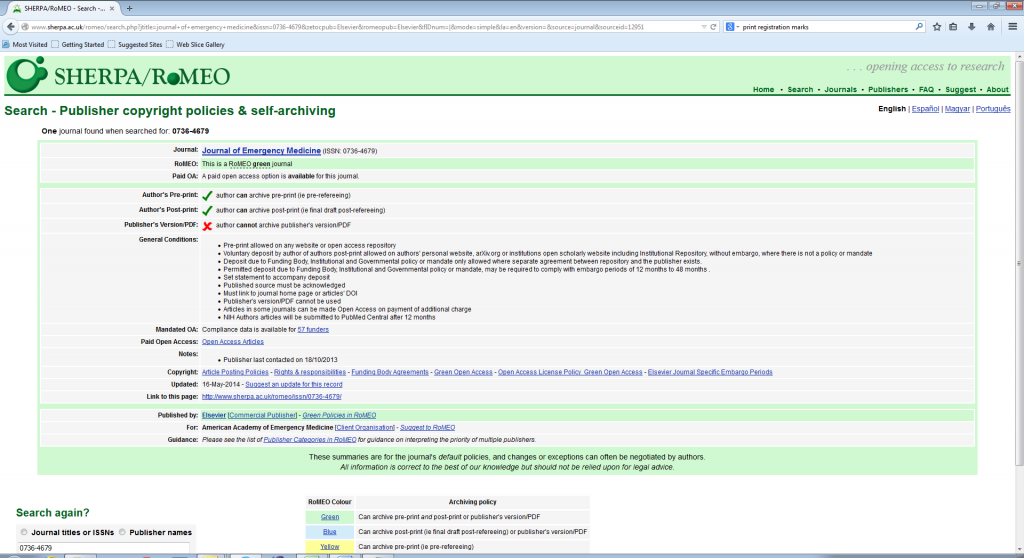My Sites
Log in to create or edit your sites.
IMPORTANT SERVICE ANNOUNCEMENT: Content freeze 7am June 19th until 7am June 23rd. Read more here.
Need Help? Email edtech@tufts.edu
Site-Wide Activity
-
Yoo Chang is attending Seminar IV. 10 years, 8 months ago
-
Jonathan S. Bishop is attending Seminar IV. 10 years, 8 months ago
-
jsafer01 is attending Seminar III. 10 years, 8 months ago
-
Victor M. Nyakundi is attending D'16. 10 years, 8 months ago
-
Justin P. Richer is attending Seminar V. 10 years, 8 months ago
-
Katerine Halim is attending Seminar III. 10 years, 8 months ago
-
Marcy Regalado wrote a new post on the site X. 10 years, 8 months ago
In an interesting article I read recently called “What is Creativity?–Cultivating Creativity”, it argues that there has been a steady decline in creativity since in the late 1990s. If we look around to our mobile […]
-
kpark04 is attending Seminar III. 10 years, 8 months ago
-
sakbar01 is attending Seminar I. 10 years, 8 months ago
-
Katherine Morley wrote a new post on the site What's New @ HHSL 10 years, 8 months ago
Here’s a guest post from our E-Resources and Serials Librarian, Jane Natches:
Have you thought about posting your published work to your own website or your institution’s open access repository but are concerned you will be in violation of the copyright agreement you signed with the publisher?
Copyright agreements can be intimidating but there is a tool that can help you begin to understand what rights you do have for archiving your works. SHERPA RoMEO is a database of publisher’s copyright policies presented in clear and understandable language. It is intended for use by the academic research community and is easily searchable by journal title, ISSN, or publisher name.
The trick to using SHERPA RoMEO is to first determine what version(s) of your work you currently retain because publishers often have different archiving rules based on versioning.
The pre-print is the final version of your article submitted for peer review / refereeing.
The post print is the version you submitted after addressing comments from the peer review / refereeing process.
The publisher’s version is the final post print dropped into the publisher’s layout. It often includes page numbers, logos, and print registration marks and is usually in PDF format.
You may be surprised by what your standard copyright agreement allows. Many well-known publishers allow the post print to be posted to an author’s personal website or an open access institutional repository without any embargo. Additional requirements tend to be fairly simple and often include acknowledging the published source and providing a link to either the journal home page or the article’s DOI (digital object identifier).
Give it a try and see what you find!
-
Rafael Quintanar is attending Seminar II. 10 years, 8 months ago
-
Jennifer L. Steele is attending Seminar III. 10 years, 8 months ago
-
Jennifer L. Steele is attending Seminar II. 10 years, 8 months ago
-
Sibel Arditi is attending Seminar I. 10 years, 8 months ago
-
Sibel Arditi is attending D'16. 10 years, 8 months ago
-
Yuehang Su is attending D'16. 10 years, 8 months ago
-
Diana Li is attending D'16. 10 years, 8 months ago
-
Jason Wong is attending D'16. 10 years, 8 months ago
-
Eben P. Larrabee is attending D'16. 10 years, 8 months ago
-
Kunal V. Dani is attending Seminar V. 10 years, 8 months ago
- Load More


